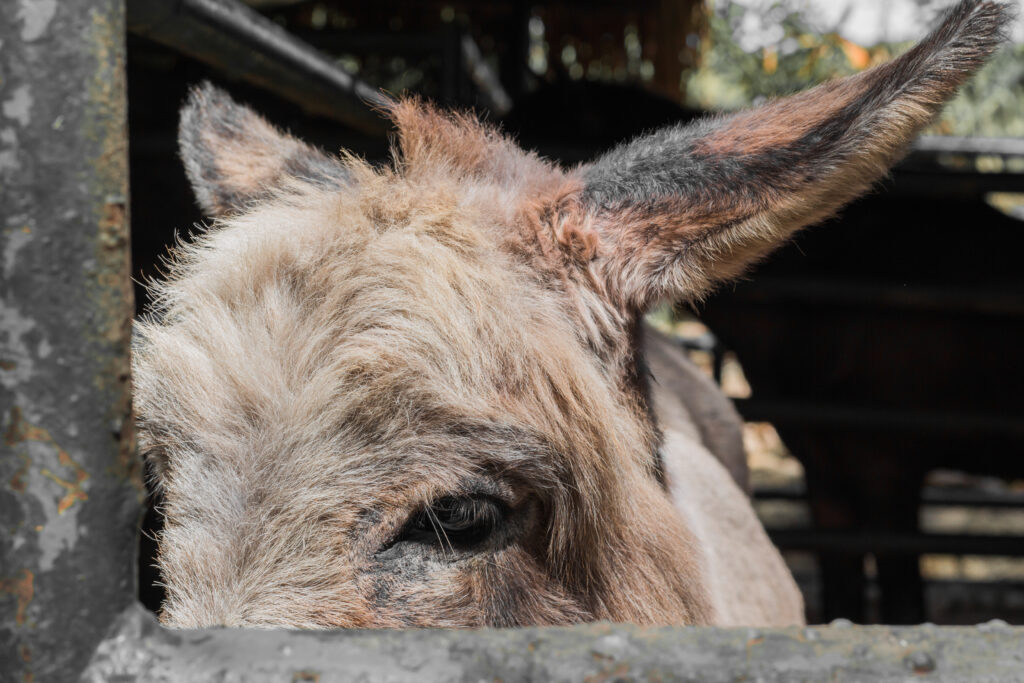
2 Strangles Cases Confirmed in Maryland
The cases are located in Carroll and Cecil counties.
Discussions about the welfare of our equine friends

The cases are located in Carroll and Cecil counties.

The horse diagnosed with equine infectious anemia lives in Chesterfield County.

The horses live in Dufferin and Brant counties.

The cases of equine infectious anemia are located in Wise, Montague, Hood, Wharton, Brazos, Van Zandt, and Cooke counties.

The horse lives in Challam County.

Mares get a bad rap for recalcitrant estrous behavior, but hormones and tumors could also be at play.

The horse lives in Orange County.

The Quarter Horse mare with equine herpesvirus-1 is located in Washington County.

The horse lives in Ingham County.

They found riding horses behind the vertical can contribute to stress, pain, and other problems that affect welfare in horses.

The horses live in Spokane and Kittitas counties.

The pony lives in Putnam County.

The horse lives in Rock County.

The donkey diagnosed with Eastern equine encephalomyelitis lived in Lake County.

The horse lives in MRC Les Collines-de-l’Outaouais.

The horse lives in Madera County and was exposed out of state.
Stay on top of the most recent Horse Health news with
"*" indicates required fields